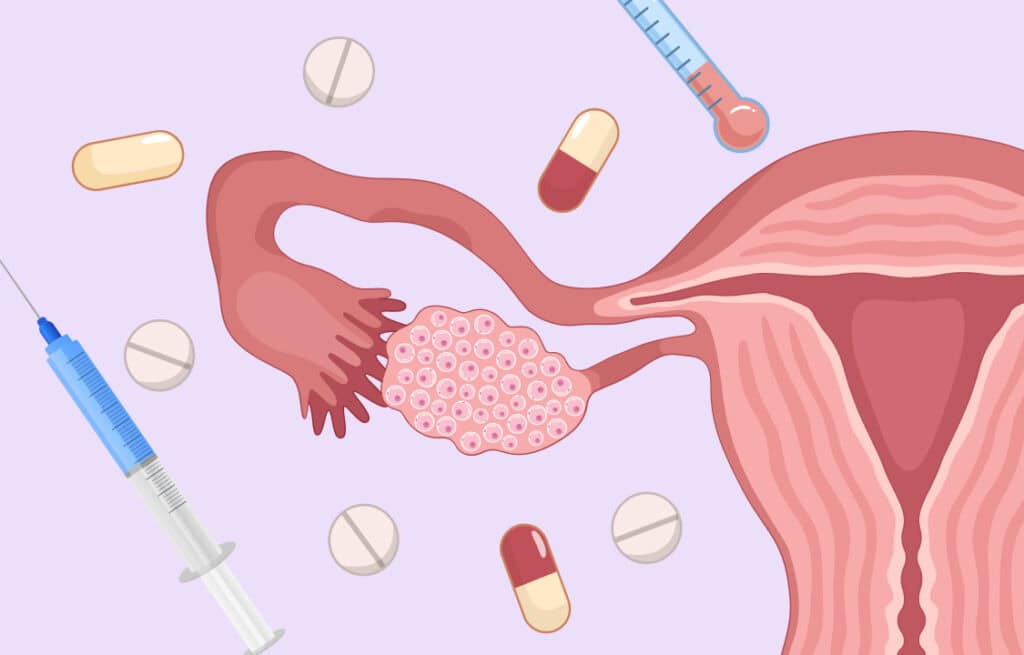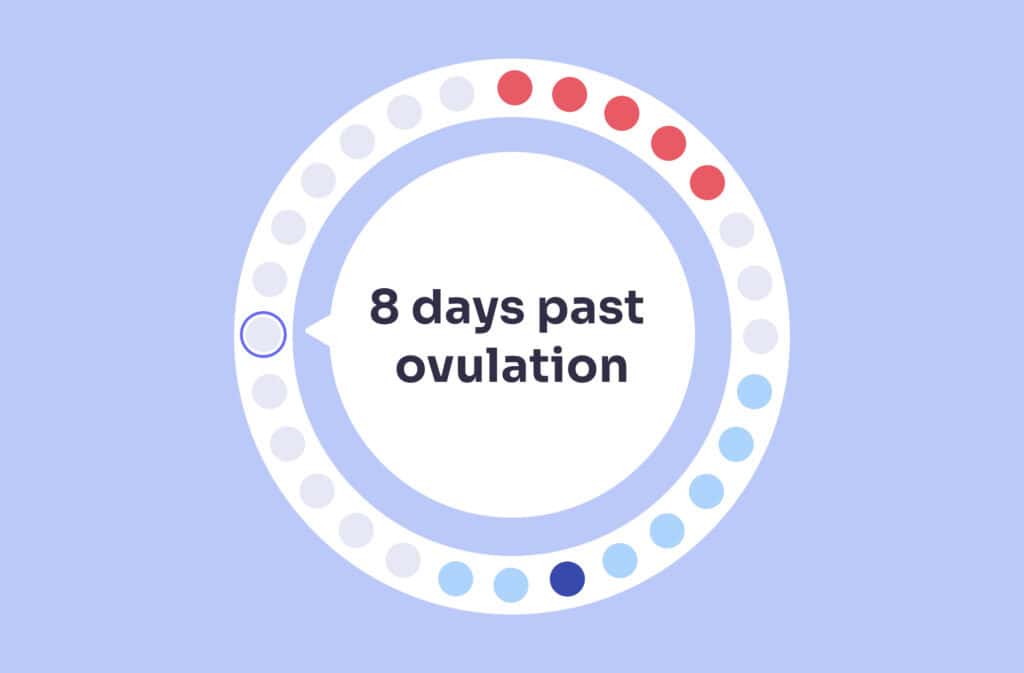Femia > Health Library > Pregnancy > Pregnancy health > Can I eat cottage cheese while pregnant? Safety and benefits
Can I eat cottage cheese while pregnant? Safety and benefits

- Updated Feb 10, 2025
- Published
CRAFTED BY HUMAN
Crafted by human At Femia, we provide accurate and up-to-date information at every stage of your journey, from trying to conceive, pregnancy and postnatal support. All content is created by a real person based on in-depth research and own professional experience. Femia ensures that you will receive expert advice, strict accuracy and a personalized approach from our authors/medical experts. Learn more about our editorial policy.
FACT CHECKED
Fact checked At Femia Health, we maintain the highest standards of editorial excellence in delivering content focused on helping you conceive, guiding you through pregnancy, and supporting you postpartum. Explore our content review principles to learn how we ensure the accuracy and quality of our health and lifestyle tips for every stage of your journey.
Yes, you can eat cottage cheese while pregnant, as long as it’s made from pasteurized milk. Cottage cheese is safe and provides essential nutrients like protein and calcium, supporting a healthy pregnancy.
When you’re pregnant, questions about which foods are safe can pop up frequently. One such question is, can i eat cottage cheese while pregnant? Cottage cheese is a common addition to many meals and snacks, but its safety during pregnancy depends on whether it’s made from pasteurized milk. This article will explore whether cottage cheese is safe during pregnancy, its nutritional benefits, and tips for enjoying it safely.
Femia offers a personalized meal plan according to your pregnancy journey
Is cottage cheese safe during pregnancy?
Yes, cottage cheese is safe to eat during pregnancy as long as it’s made from pasteurized milk. Pasteurization is a process that heats milk to a temperature high enough to kill harmful bacteria like Listeria, which can cause foodborne illnesses. Listeriosis can be particularly dangerous for pregnant women, leading to complications such as miscarriage, preterm labor, or stillbirth.
Unpasteurized dairy products, including cottage cheese, should be avoided during pregnancy because they carry a higher risk of bacterial contamination. Always check the label to confirm that the cottage cheese you’re eating is made from pasteurized milk to reduce this risk.
👉Find out more: Can you eat goat cheese while pregnant? Safety tips and pasteurized options
Can pregnant women eat cottage cheese?
Yes, pregnant women can eat cottage cheese, and it can be a healthy addition to your diet. Cottage cheese is a great source of protein, calcium, and other essential nutrients that support both maternal health and fetal development. As long as the cottage cheese is pasteurized, you can enjoy it in a variety of ways—on its own, mixed into salads, or as part of other nutritious meals.
👉Find out more: Can you eat blue cheese while pregnant? Safety guidelines and pasteurized options
Nutritional benefits of cottage cheese during pregnancy
Cottage cheese is packed with nutrients that are important during pregnancy. Here are some of the key benefits of including cottage cheese in your diet:
- Protein: Cottage cheese is rich in high-quality protein, which is essential for fetal growth and for repairing and building maternal tissues.
- Calcium: Calcium supports the development of your baby’s bones and teeth, and it helps maintain your own bone health during pregnancy.
- Vitamins and minerals: Cottage cheese contains essential nutrients like vitamin B12, phosphorus, and riboflavin, all of which play a role in supporting a healthy pregnancy.
Including cottage cheese in your pregnancy diet can help you meet your daily nutritional needs, supporting both you and your baby.
👉Find out more: Can you eat feta cheese while pregnant? Safety tips and what to avoid
Cottage cheese while pregnant: Choosing the right type
To safely enjoy cottage cheese during pregnancy, follow these tips:
- Check for pasteurization: Always ensure that the cottage cheese you’re eating is made from pasteurized milk. Most store-bought cottage cheese in the U.S. and other countries is pasteurized, but it’s important to double-check, especially with artisanal or local products.
- Store properly: Keep cottage cheese refrigerated and consume it before the expiration date. Once opened, it’s best to eat cottage cheese within a few days to reduce the risk of bacterial growth.
- Moderate salt intake: Some types of cottage cheese can be high in sodium. If you’re monitoring your salt intake during pregnancy, look for low-sodium varieties to keep your diet balanced.
Femia offers a personalized meal plan according to your pregnancy journey
Questions from the Femia community
Can I eat low-fat cottage cheese while pregnant?
Yes, low-fat cottage cheese is safe to eat during pregnancy as long as it’s made from pasteurized milk. It’s a great option if you’re looking to reduce your fat intake while still benefiting from protein and calcium.
Can I eat cottage cheese from a farmer’s market while pregnant?
Cottage cheese from a farmer’s market can be safe, but you need to confirm that it’s made from pasteurized milk. Unpasteurized dairy products, including cottage cheese, should be avoided during pregnancy due to the risk of Listeria.
Is it safe to eat cottage cheese during the first trimester?
Yes, cottage cheese is safe to eat throughout pregnancy, including the first trimester, as long as it’s made from pasteurized milk. It provides important nutrients like protein and calcium, which are beneficial at every stage of pregnancy.
The bottom line
Cottage cheese can be a safe and nutritious addition to your pregnancy diet if it’s made from pasteurized milk. It provides important nutrients like protein and calcium, which support both maternal health and fetal development. As long as you choose pasteurized varieties and store the cheese properly, you can enjoy cottage cheese while pregnant without worry.
References
- NHS Inform. “Eating Well in Pregnancy.” NHS Inform, https://www.nhsinform.scot/ready-steady-baby/pregnancy/looking-after-yourself-and-your-baby/eating-well-in-pregnancy/.
- American Pregnancy Association. “Dairy and Pregnancy: What’s Safe and What’s Not.” APA, https://americanpregnancy.org/healthy-pregnancy/nutrition/dairy-and-pregnancy/.
- U.S. Food and Drug Administration. “Listeria (Listeriosis).” FDA, https://www.fda.gov/food/foodborne-pathogens/listeria-listeriosis.

Let’s learn what OHSS means, its mild and severe symptoms, medical and self-care treatment options.

Causes and symptoms of anovulation, a condition where you not ovulating but still have regular menstrual cycles. Discover options to address this common reproductive issue.

Discover early pregnancy symptoms at 8 days past ovulation (8 DPO), what they might indicate, and when testing for pregnancy becomes more reliable. Expert advice from Femia.

